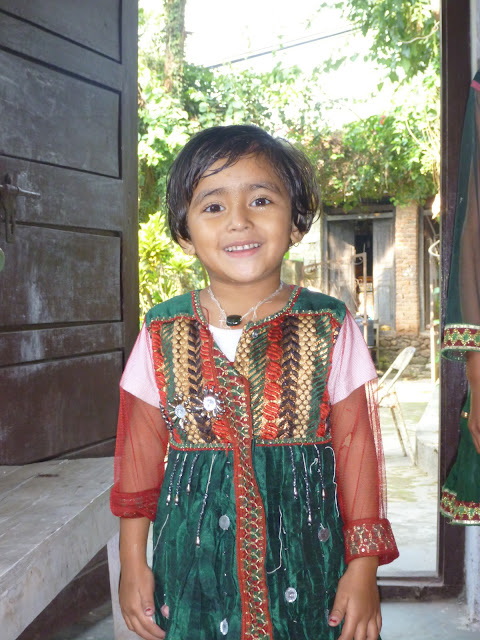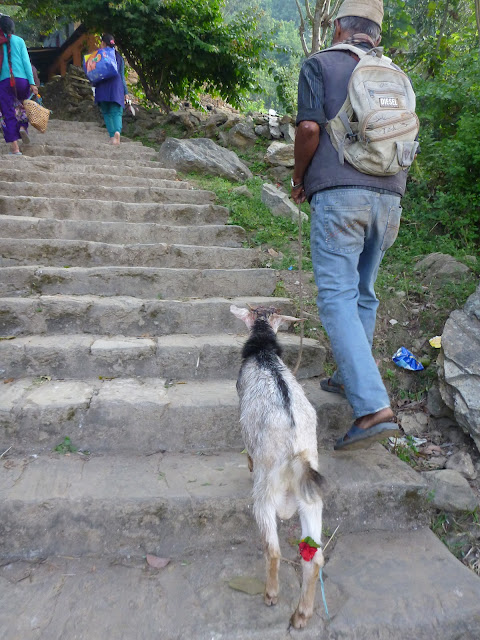The Crew at the 8th annual LeBaron Cousins' Sleepover Circa 2008
Although all of my blogposts are inspired by all of you back
home (and around the world), this one was inspired specifically by my LeBaron
cousins. Let me set the scene:
It was the
8th annual LeBaron cousins’ sleepover. The night was Dec. 26th West Coast time.
This was my first (and hopefully last) time that I had missed this event,
physically. When it was my turn to do our traditional ‘life update’ I was
planned to Skype in (FYI besides this story sharing time, and a uncanny tradition
of accidentally breaking something each year at the host’s house there is
nothing Skull and Bones about this event. Although we do keep to their
clandestine levels about what is
said, IE “french-fries”). We had just connected and I had hardly seen all of my
beautiful cousins’ faces for the first time in months when the power cut off…
Luckily, eventually
the power came back on. And after not having talked to or seen my cousins for
over 6 months, some a year, and after having trekked in the Himals and survived
(on a daily basis) teaching an class of over 70 students the first thing they
say to me is, “How’s the electricity over there?” Not an ‘Oh my god it’s great
to see you!’ or even a ‘Hey how are you?’ But rather, a question regarding how the
country of Nepal not only harnesses electrical currents and then distributes
them to their population but also the efficiency at which they perform this
task. . .
Needless to say, there were more important things to be discussed and I brushed it aside, but I could have delved deeper. So here it goes you guys, a much wordier answer to: “Yes power outages are common here.” :
When we were first choosing our teaching placements over 5
months ago (I can’t believe it has been that long!) we had two location
options. 1) the southern part of the Kathmandu Valley, called Lilitpur, about 1
to 2 hours from downtown and 2) my current home, Gorkha which is about 5 to 7
hours west of Kathmandu (depending on traffic jams, sleeping cows in the road,
and how long it takes to load and offload the livestock from the bus roof).
Both have their merits. Nepalis and
Americans alike have questioned why I chose to forgo the more comfortable
valley life, with easy access to such creature comforts as warm showers, food other
than rice and lentils, and toilets that you sit on.
Then again, in Gorkha, due to the lack
of pollution, I can blow my nose and not have it come out black.
I would truly be happy living in both
but a big variance between the two locations is electricity.
Tourism isn’t
the only profit that the Himals generate here. Hydroelectricity is created from
the Himals’ snow melt and counts for a substantial portion of the GDP here as
well. In fact, it is so profitable that although Nepal produces enough to supply
the entire country 24 hours a day, year round, it exports the majority of it.
The upshot of this is that that country has a rotating electrical schedule;
this process is called ‘load shedding’. I have yet to visit a region that is
not affected by it.
Here in Gorkha, we
normally lose an hour or so in the morning and then every night an hour or two
again. Totally manageable and because this is such a common occurrence we are
always prepared with candles and for the kitchen have and inverter which charges
when we have power and keeps a bulb lit while Aama cooks. We are the lucky ones
though.
I say that
because Kathmandu has the opposite. Or at least that is what it is heading
towards. Winter is coming. The monsoon season has ended, which means that the
rivers have all but dried up. Kathmandu depending on the day is getting only 9
to 12 hours of power and as we only get further and further away from the monsoon
season the government is predicting record setting load shedding with upwards
of over 20 hours or more of no electricity each day. To combat this, the
government is considering cutting the now current 6 day work week to only 5
days to ease the power demand.
Although at
school I don’t use power, being in the situation that Kathmandu is would really
put a hindrance onto writing things like this and following my Indian soaps.
Cousins, I’m
not sure if this was really the post you expected or wanted to be inspired by
you, but I hope it answered your question. And know that even though I do not
say it in every post, I am always inspired by, and thankful for your love and
support.
Sharing some California Christmas love reading the '12 Days of California Christmas' with our class

















































